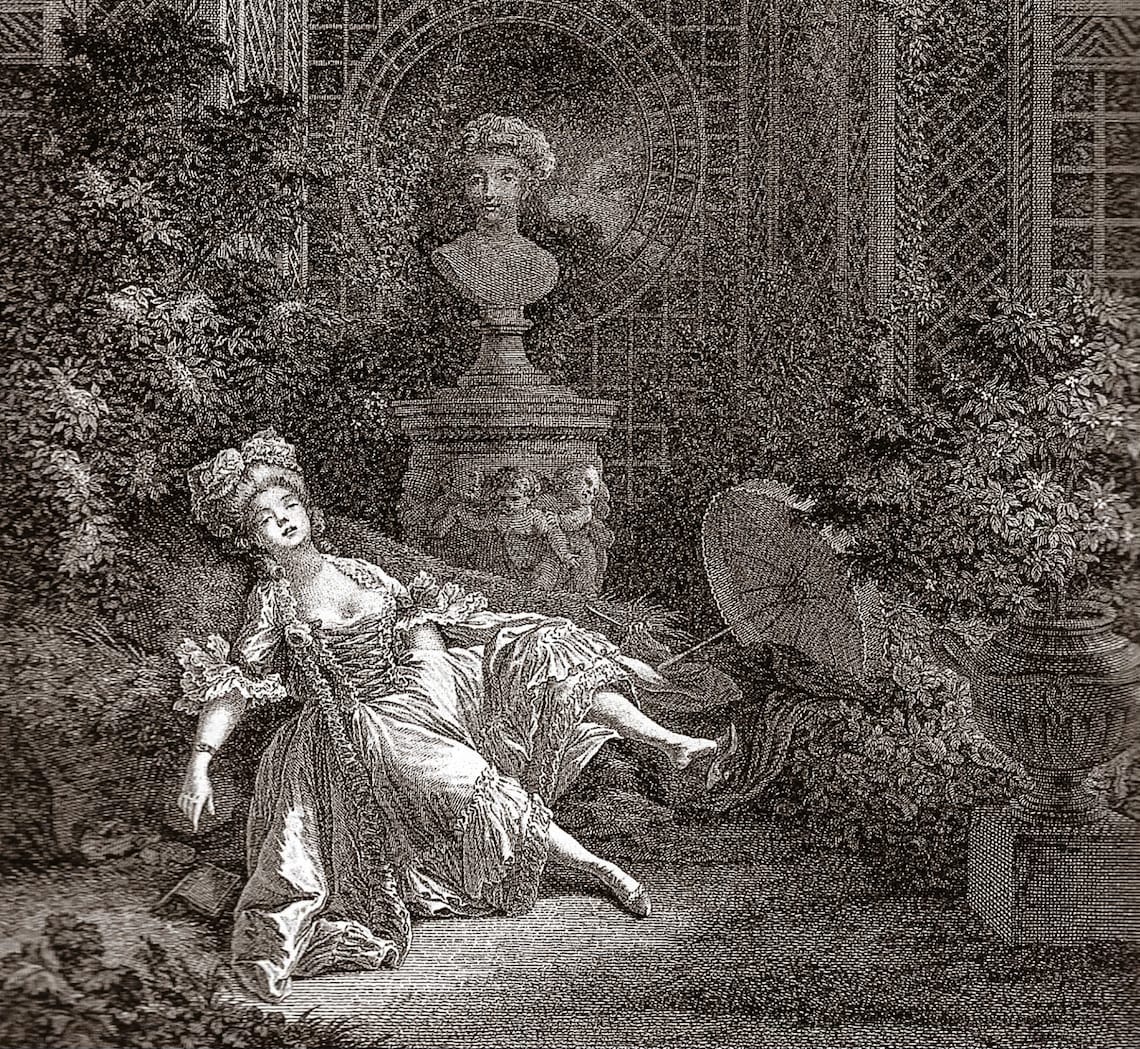The word has an infinity of meanings, and to the writer every one of these is interesting. Love is the great driver of story, and harnessed skilfully, will take you all the way to your final paragraph. But the stakes are high. Love comes with its outriders: pain, loss and sorrow. You must be ready to handle them all.
Is love ever selfless? Is it ever pure as the driven snow? Because if so, count me out. What we writers look for is love in its impure form, and the more it deforms, warps and splinters, the more we like it. That doesn't mean that our story shouldn't be romantic, or have a happy ending. It means that no love story that fails to acknowledge love's sharper facets will ever ring completely true.
What do you want to make your readers do with your tale of love? Laugh? Weep? Throw up in their mouths? Do you want to make them clutch themselves with yearning, walk around in a dream for hours, or gaze speechlessly into the void? A love story can do all of these things to a reader. You can do all of these things. But first, there has to be a reckoning. An acknowledgement of the barriers that we put between ourselves and the places we need to go if we're going to write convincingly about love, passion and the rest of it.
Let's get to work.
Keep reading with a 7-day free trial
Subscribe to KILLING EVE to keep reading this post and get 7 days of free access to the full post archives.




